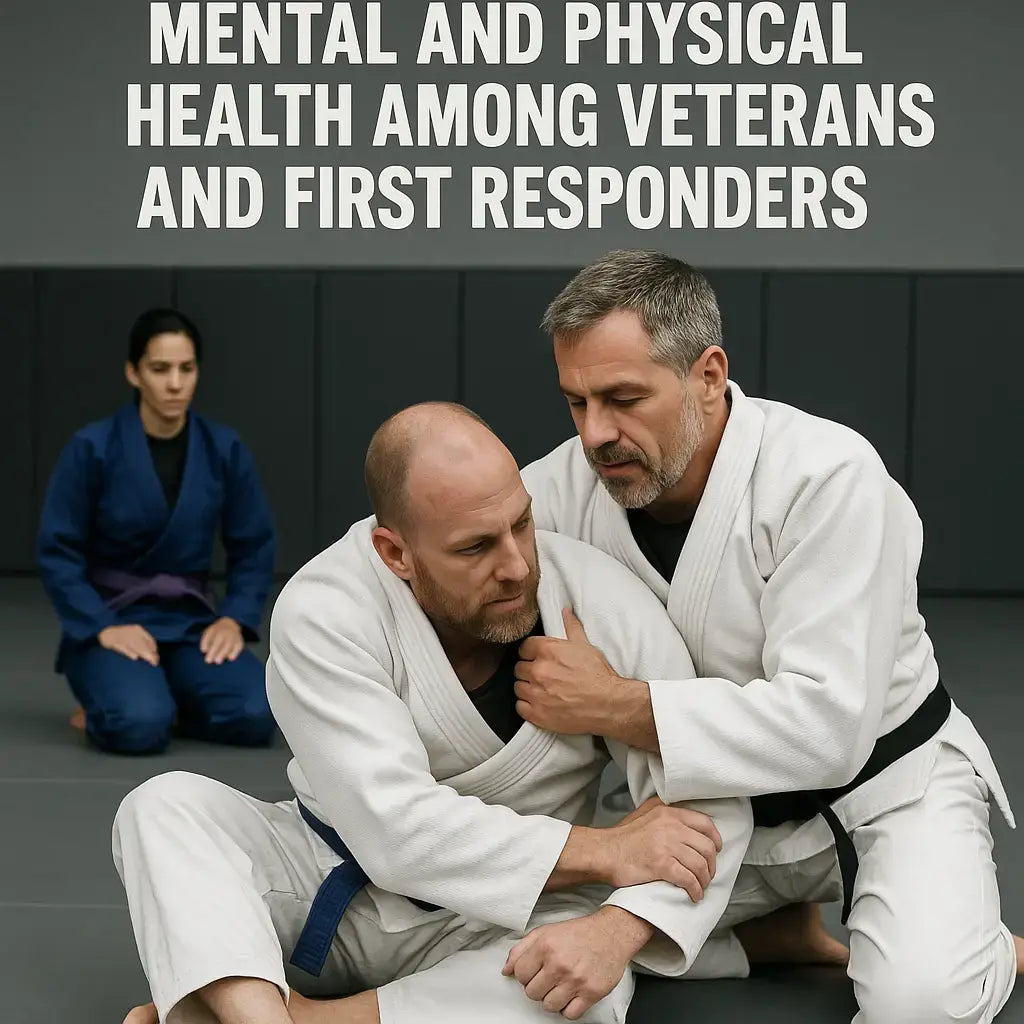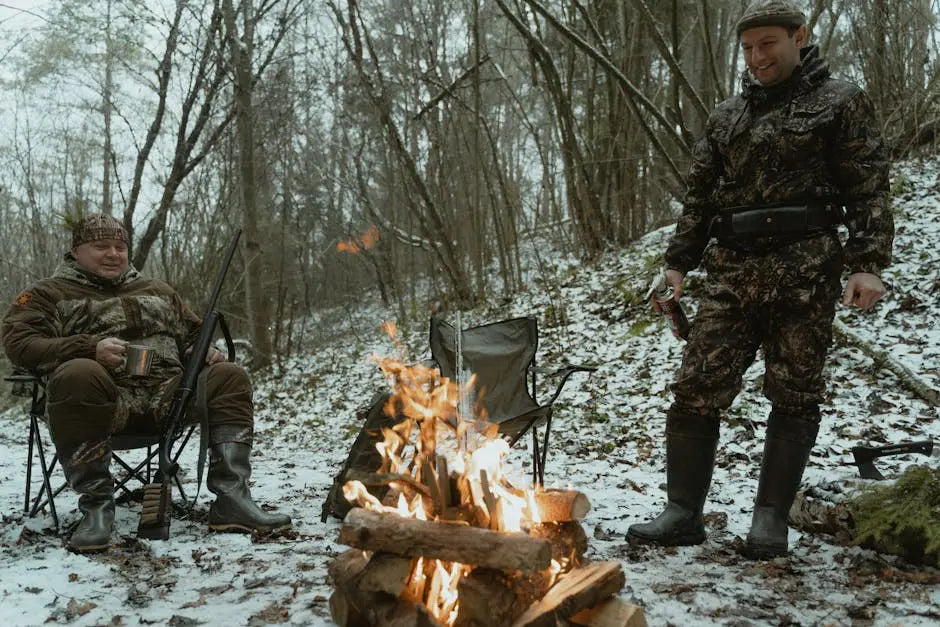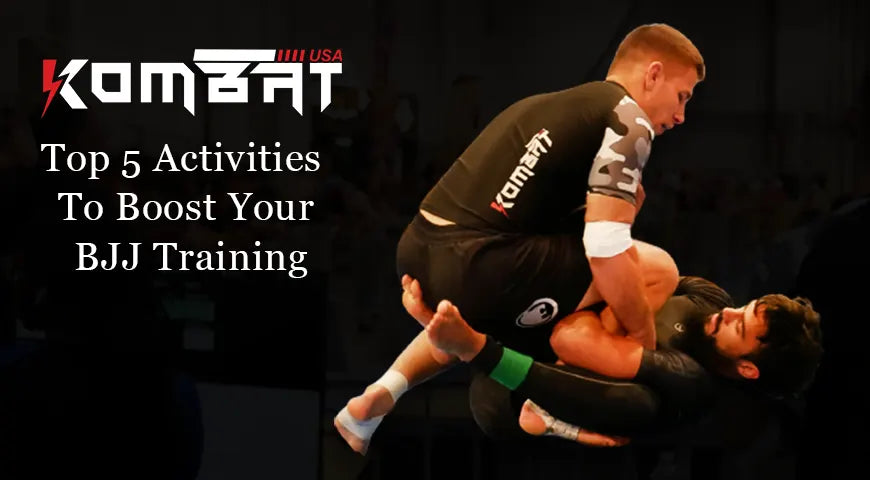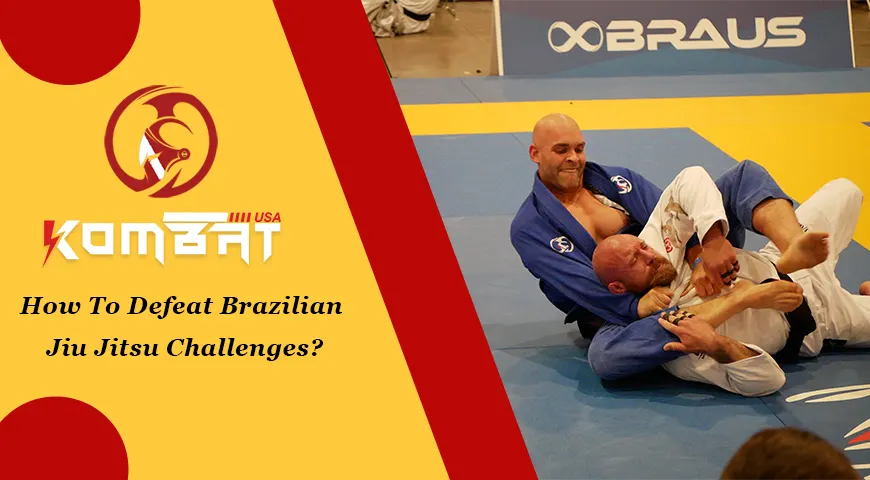Veterans and first responders are the front-line guardians of our nation and communities. Few people can comprehend the hardships they bear, whether they are in war zones, burning buildings, trauma scenes, or disaster sites. The aftermath can be difficult, frequently characterized by mental health issues such as post-traumatic stress disorder (PTSD), depression, anxiety, and chronic pain, despite the heroic nature of their service.
Brazilian Jiu-Jitsu (BJJ) is a surprising but potent ally that has surfaced in the fight for mental and physical wellness in recent years.
Researchers, physicians, and trauma recovery experts are now taking notice of BJJ, which was once a martial art and self-defense system, because of its beneficial effects on social reintegration, physical resilience, and emotional regulation.
Why Focus on Veterans and First Responders?
Veterans and first responders frequently experience long-term effects from their jobs:
-
The estimated prevalence of PTSD in the United States is between 11 and 20 percent. Veterans who served after 9/11, and as high as 30 percent among first responders.
-
Many suffer from persistent anxiety, substance abuse, depression, and sleep disorders.
-
Due to stigma, expense, and restricted availability, traditional therapy is not always appealing or accessible, despite its benefits.
-
BJJ and other physical treatments are becoming increasingly popular as empowering and successful alternatives to mental health services that aim to be more accessible and holistic.
What Is Brazilian Jiu-Jitsu?
The grappling-focused martial art of Brazilian Jiu-Jitsu places a strong emphasis on using technique, strategy, and leverage to subdue an opponent without using physical force. Practitioners work on submissions, escapes, and other positional control strategies in close quarters.
Because BJJ emphasizes technique rather than strength, it is accessible to individuals of all ages, sizes, and skill levels, in contrast to more combative combat sports. Beyond the physical, however, BJJ stands out for its mental focus, problem-solving skills, and capacity for personal growth.
1. Mental Health Benefits of BJJ
A. Reducing PTSD Symptoms:
Participants in a 2022 study of first responders and soldiers who received systematic BJJ training reported notable improvements in PTSD symptoms following just 60 hours of instruction. The following are some highlights:
-
50% fewer PTSD symptoms (as determined by standardized trauma screening instruments)
-
Better control of emotions, especially under stressful circumstances
-
A common PTSD symptom is a decrease in avoidance behaviors.
The exposure-like aspect of BJJ is thought to be responsible for these changes, as practitioners face physical strain and strong emotional moments on the mat in a cooperative, safe, and regulated manner. This gradually increases stress tolerance and hypersensitivity.
B. Building Resilience and Self-Efficacy
Veterans and first responders can reestablish a sense of mastery and purpose through BJJ's rank system and progression paradigm, which are essential components in trauma healing. Each achieved belt, roll, and class becomes a concrete representation of one's development.
2. Physical Health Benefits
A. Pain Management and Strength Conditioning
Many responders and veterans deal with persistent musculoskeletal pain. BJJ strengthens overall fitness, core strength, joint function, and mobility. Regardless of their physical limitations, anyone with a disability can participate in adaptive BJJ.
Frequent training can lessen:
-
Back Pain
-
stiff joints
-
Muscle imbalances
Additionally, it promotes weight loss, cardiovascular health, and better sleep habits—all of which contribute to emotional stability and mental health.
B. Sleep Improvement
Research indicates that physical activity enhances the quality of sleep, especially for those who suffer from anxiety or PTSD. Because of its intensity and mental focus, BJJ helps trauma sufferers eliminate surplus energy and lower their overnight hyperarousal.
3. Emotional Regulation & Stress Management
Despite simulating hectic, high-stress situations, BJJ calls for a composed, calculated reaction. Repetition of this exercise improves stress tolerance and emotional control.
Students are educated to breathe, remain composed, and think under pressure during stressful sparring situations (such as being pinned). Veterans and first responders can better handle triggers or emotionally intense situations with the help of these practical tools.
4. Reducing Aggression in a Healthy Way
Athletes say that BJJ helps them vent their emotions. Instead of using conflict, it enables children to process hostility and adrenaline through athletics.
Crucially, BJJ teaches humility because you will lose a lot and win some.
5. Rebuilding Community and Social Trust
One of the biggest problems for trauma sufferers is isolation.
According to veterans, BJJ gyms are the closest thing to the camaraderie of military life since everyone there works together, supports one another, and looks out for one another.
This network of peers helps people
-
Feel less alone.
-
Encourages responsibility
-
aids participants in meaningfully reestablishing their connection to society
To promote a safe environment and mutual understanding, some programs are even led just for first responders and veterans.
6. Empowering Stories
According to a former US Marine Corps member:
"BJJ restored my life." I didn’t want to talk to anyone for years. However, I regained my faith and learned how to defend my peace on the mat.
A New York firefighter shared:
I had a burden I couldn't go away from after 9/11. While therapy was helpful, jiu-jitsu gave me a sense of vitality. It served as a reminder that I remained resilient.
Even war amputees in Ukraine have benefited from BJJ by being able to proudly resume their lives and sports. Reverberating all around the world, these tales demonstrate the martial arts' international appeal.
7. Programs & Initiatives Making a Difference
Many organizations now use BJJ for rehabilitation and trauma recovery:
Mission 22: Incorporates BJJ into their programs for mental health support.
Warrior's Heart: A rehab facility that incorporates BJJ to help people recover from addiction and PTSD
Submit the Stigma: Promotes mental health awareness through BJJ events
Recovery takes place on the mat as well as in an office, and these groups are part of a larger trend toward action-based treatment.
8. Challenges and Considerations
Despite the potential of BJJ, it's crucial to take into account
-
The key is proper instruction: aggressive or unsafe surroundings can cause more harm than benefit. Seek teachers who are trained in trauma.
-
Not a replacement for therapy: BJJ should be used in conjunction with professional psychological care when necessary, not in place of it.
-
Physical preparation: People who have sustained serious injuries should speak with a physician and look into adaptive measures.
Success with any intervention hinges on program quality, regular engagement, and individual preparation.
9. The Science Is Still Growing
To completely validate BJJ's effect on trauma healing, further extensive, randomized controlled research is required, despite the encouraging data. Nonetheless, preliminary studies confirm what many people already know instinctively: challenge, connection, and movement are effective healing strategies.
Institutions and VA hospitals are starting to investigate systematic studies on BJJ and trauma, which could soon result in formal acceptance in therapeutic contexts.
10. Final Thoughts: More Than a Martial Art
BJJ provides the following services to help first responders and veterans navigate the challenging path of recovery:
-
Self-empowered
-
Framework without bias
-
Recovering without being alone
-
Although it is not a miracle remedy, it is a strong ally.
We are getting closer to a time when people who defend us are also protected, with tools that increase our inner and outer power, as awareness increases and more organizations adopt BJJ as a health intervention.
Are you interested in using BJJ to promote veteran wellness?
-
Contribute to veteran programs centered on BJJ in your area.
-
Provide your gym with special offers or scholarships.
-
To raise awareness, share this article.
-
Encourage your academy to use trauma-informed training methods.








